News
-
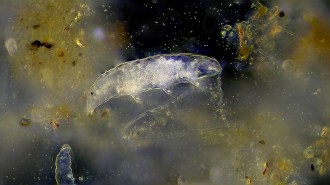 Animals
AnimalsA tardigrade protein helped reduce radiation damage in mice
Mouse cells tweaked to produce the tardigrade protein incurred less DNA damage than unaltered cells — hinting at a new tool for cancer patient care.
-
 Agriculture
AgricultureHow silicon turns tomato plants into mean, green, pest-killing machines
Treated plants fight pests without the need for toxic pesticides, oozing a "larval toffee" that stunts tomato pinworms’ growth and attracts predators.
-
 Health & Medicine
Health & MedicineAvoidable deaths increased in the U.S. as they dropped elsewhere
In the United States, deaths that could have been avoided rose, on average, from 2009 to 2019. That’s in contrast to European Union countries.
-
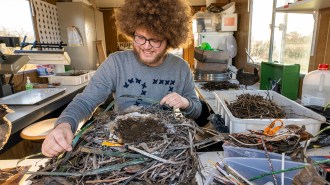 Animals
AnimalsPlastic ‘fossils’ help scientists reconstruct the history of bird nests
Plastic waste has let common coots reuse nests year after year. Scientists have now used the trash layers to date how old nests are.
-
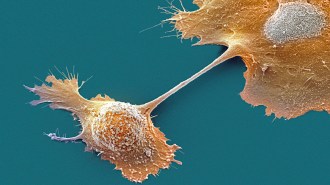 Health & Medicine
Health & MedicineAn mRNA cancer vaccine may offer long-term protection
A vaccine kept patients free of pancreatic cancer for years, yet new reports say the NIH is advising against mentioning mRNA tech in grants.
By Meghan Rosen -
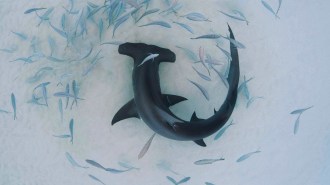 Animals
AnimalsHammerhead sharks’ diets may affect if they roam or stay home
Understanding hammerhead sharks’ food preferences could aid efforts to protect the critically endangered fish.
-
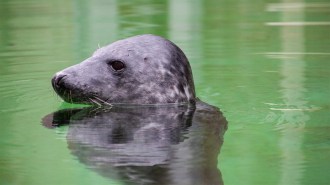 Animals
AnimalsGray seals may sense their own blood oxygen levels
The seals’ ability to detect the amount of oxygen in their blood may help them make diving decisions and avoid drowning.
-
 Neuroscience
NeuroscienceBabies can form memories, and they do it a lot like adults
A brain scanning study of babies reveals how some of the earliest memories are made.
-
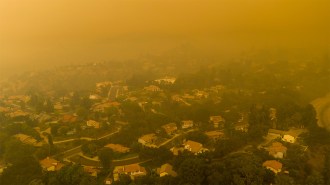 Earth
EarthWildfires and farm fertilizer use are fueling ozone pollution
Fires and agricultural soils can rival cars and factories in emitting chemicals that lead to ozone, making it hard to meet air quality standards.
-
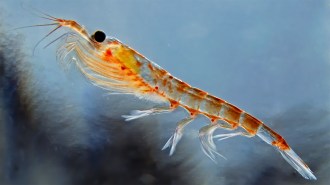 Animals
AnimalsStinky penguin poop strikes fear into the hearts of Antarctic krill
A chemical in Adélie penguin guano may have cued krill to take evasive maneuvers in lab tests.
-
 Cosmology
CosmologyA map of 14 million galaxies and quasars deepens a dark energy mystery
The DESI experiment shocked cosmologists with a hint that dark energy varies over time. Now, with more data, the conclusions hold up.
-
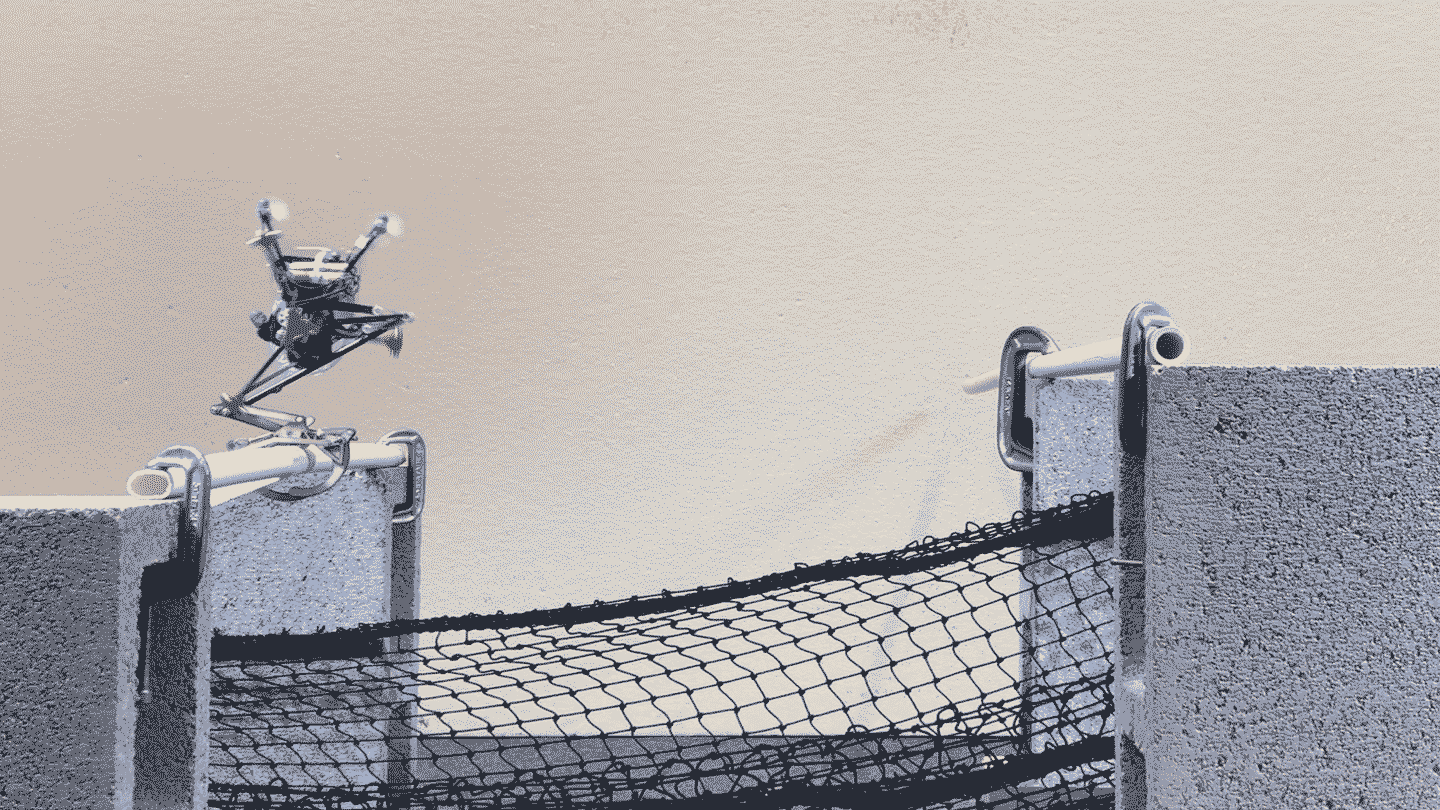 Tech
TechA hopping robot shows off its squirrel-like skills
Salto the jumping robot can take a flying leap and land on a narrow pipe — just like a squirrel soaring from branch to branch.
By Meghan Rosen